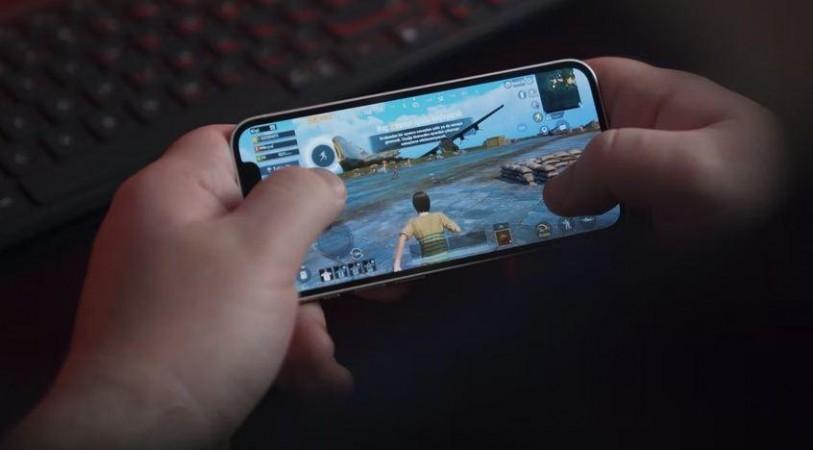In yet another display of the horrors of online gaming communities, a child in Rajasthan's Alwar has, reportedly, been sent to a special school after he suffered severe tremors and lost mental stability due to online gaming. The child has been known to spend significant amount of time online playing games like PUBG and Free Fire, where he apparently lost.

As per a report by ANI, Special Teacher Bhavani Sharma confirmed that the child had been admitted to the school. "A child has come to our special school. As per our assessment and the statements of his relatives, he is a victim of games like Free Fire. The child lost in the game. The game is such that if a player loses, they are unable to tolerate it---they either die by suicide or lose their mental balance. This child too has lost his mental balance. We have prepared a format of sports activities for the child and as per that we have to help the child win all of them so that he overcomes the fear of loss and remembers his victory."
Here's what he did
The 15-year-old boy from Alwar is a Class VII student had reportedly been addicted to online games like PUBG. He experienced mental deterioration because of his addiction to online games, which he would play on his mobile phone. The child, reportedly, has been playing games for 15 hours a day continuously for the past six months. It was only when things reached to a level where his hands continued to shake and he would scream "fire fire" while sleeping that he had to be taken for medical evaluation, treatment and counselling. Currently admitted into a disability institution, the child is being monitored closely.
Gaming addiction is for real
Also known as gaming disorder, the term broadly refers to any or all forms of display of abnormal behaviour when it comes to internet gaming or video games. Reduced control over gaming habits, timings and duration can be the earliest symptoms of unhealthy relationship with online games. Other symptoms may include tremors on losing games, reduced interaction with friends, other forms of entertainment or decreased interest in school life or studies.
Gaming disorder has also been defined by WHO as, "a pattern of gaming behaviour" which is characterised by impaired control over gaming, prioritising gaming over other daily activities and interests or continuing gaming despite negative consequences.
Remember the Blue Whale Challenge?

The hundreds of families who lost their young ones to the fatal Blue Whale Challenge know all too well the devastating potential of online gaming communities. Reported to be online suicidal game, Blue Whale Challenge would set 50 tasks over 50 days. The challenge was allegedly linked to numerous deaths across the world, with a 14-year-old Mumbai boy allegedly being the first victim in India back in 2017.
Child spends Rs 10 lakhs on PUBG
PUBG, the battleground games comprising shooters, has been the cause of many an untoward incident in the past. In August 2021, a Mumbai teen spent Rs 10 lakh from his mother's account through online transactions for playing PUBG. After being reprimanded by his parents for the online transactions, the boy ran away from home and was later traced by police and sent for counselling.
Protect your child, at the right time
Starting with restrictive and supervised access to video games makes all the difference. Experts advise keeping online gaming devices such computers and laptops being placed in common areas of home. Adds Dr SK Pasricha, Chandigarh-based child psychologist, "The best way to monitor that a child doesn't give into gaming obsession is to start with prevention. Ensure that a child gets enough gratification through physical sports, board games and time spent with friends and family, all of which decrease dependence on virtual world." If at all the child must be exposed to the gaming world, it should be in a way that every time atleast one family member also sits down to play with them and under time limits. He adds, "Also strict monitoring of behavioural changes is a must. Only alert family members, parents and siblings can do that." A stitch in time, definitely saves nine.

















